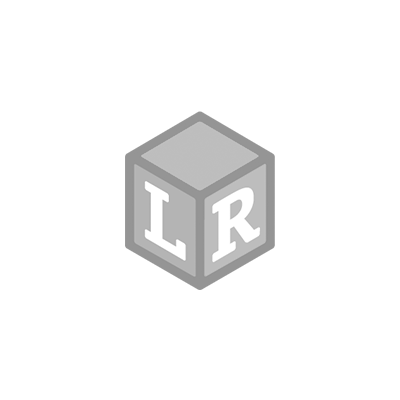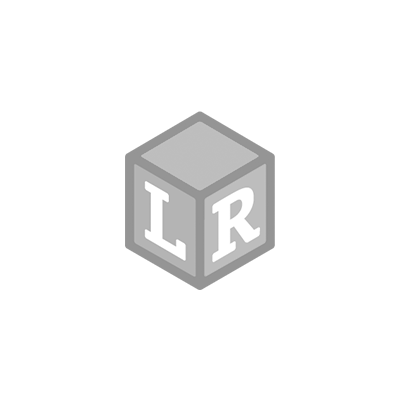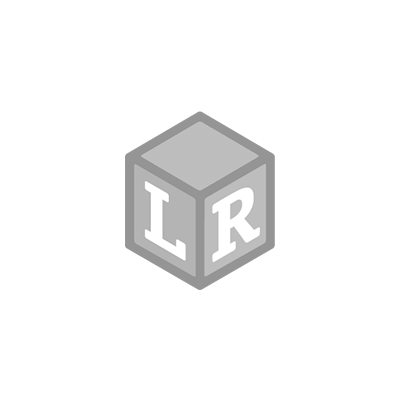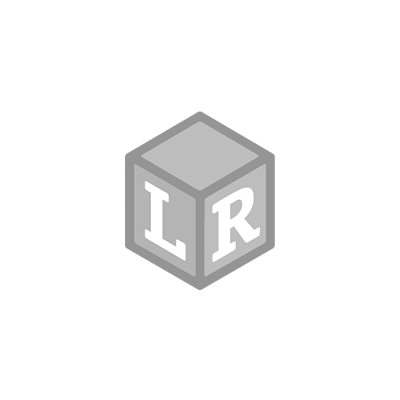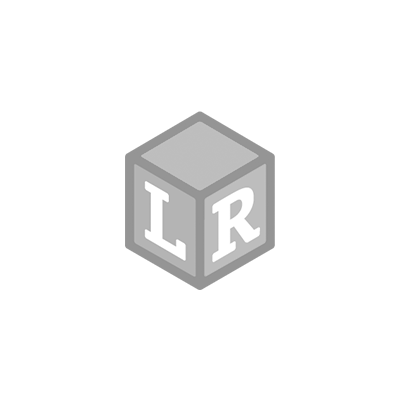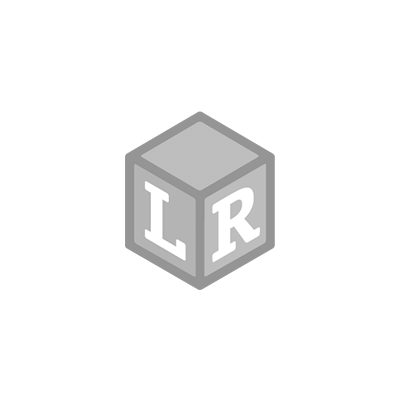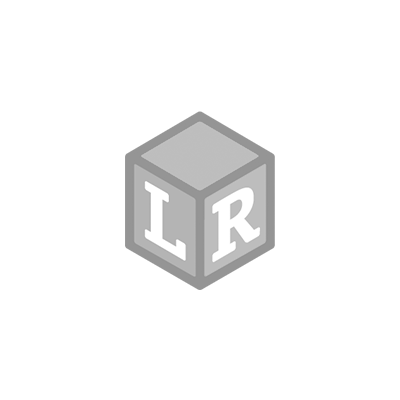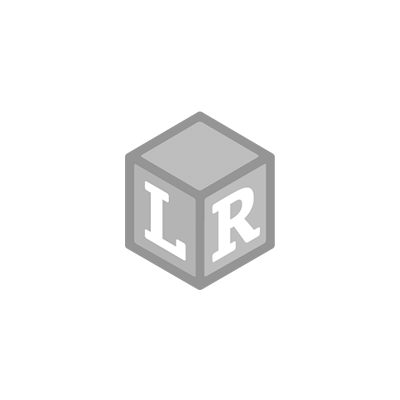
10 Skills Every Child Needs to Be Ready for Kindergarten
- Gabrielle Fischer Posted On Aug 24, 2017 | Math
It’s no secret that kindergarten today is much more challenging than the kindergarten of your childhood. It’s more academically rigorous, with less play, no more naps and longer days. Is your child ready? How do you know? With my oldest entering kindergarten this month, I share these same questions. So I turned to my mother, a 30 year veteran kindergarten teacher, for her insights on what she expects from kids on the first day of school.
Let’s Get Ready for Kindergarten
For many children, kindergarten is no longer the first school experience – with most entering students having one or more years of preschool behind them. However, there will also be kids for who this is their very first time in school, and a kindergarten teacher will be well prepared to teach to wide range of academic and social capabilities.If you are questioning whether or not your child is ready to start kindergarten, use the following checklist for the basic skills they need to succeed in their first formal year of schooling. It’s a perfect guide to use alongside the Learning Resources All Ready for Kindergarten Readiness Kit.
1. Recognize Name
Your child’s name will be ALL over their kindergarten classroom – on cubbies, folders, tables, and more. Help them recognize their written name on sight, name the letters in their name, and write their name to the best of their ability. Need some easy name recognition exercises?
- String Learning Resources Lacing Alphabet Beads (part of the Kindergarten Readiness Kit) to spell out their name
- Use dot stickers for this simple Sticker Name Recognition Activity from Busy Toddler
- Try Name Recognition Soup from Munchkins and Moms, also using Alphabet Beads

2. Name the Letters of the Alphabet
To be ready for kindergarten, your child should at a minimum be able to name half of the capital letters of the alphabet. The Kindergarten Readiness Kit includes lots of alphabet activities, activity cards and manipulatives. Here are a few more of our favorite alphabet activities:
- Use the Alphabet Marks the Spot play mat for an Alphabet Scavenger Hunt, working on both naming letters and letter sounds
- Play Letter Recognition Games with an ABC Bottle made out of a recycled water bottle and colored alphabet pasta

3. Determine Hand Dominance
Is your child a righty or a lefty? Hand dominance is determined in-utero before your child is born. But clear, proficient use of one hand over the other may not be fully established until your child is 4-6 years old – right around kindergarten.If your child’s hand dominance is already clearly established, your kindergarten teacher will readily recognize it. If it’s still unclear to you, be sure to let your child’s teacher know as well.
4. Know How to Hold and Use Scissors Correctly
If you haven’t put a pair of scissors in your child’s hands yet, it’s time to start. If you are worried about scissor safety, or they get frustrated because they lack the hand strength or coordination to use scissors properly, this is a great series of activities to teach scissor skills and scissor safety.The Learning Resources Helping Hands Fine Motor Tool Kit is also a great resource to use in play and build fine motor skills to support using scissors.
5. Name and Recognize Colors
Your kindergartener should be able to recognize and name basic colors – red, orange, yellow, green, blue, purple, black, brown and white. Color recognition helps children with one of the earliest basic math skills – sorting. The Kindergarten Readiness Kit includes manipulatives for color recognition. You can also play one of our favorite games – Color Match – using just colored paper and whatever toys you have at home.
6. Count and Recognize Numbers to 10
Most preschoolers learn to count, recognize numbers to 10 and understand one-to-one correspondence (count objects) to get ready for kindergarten. If your child isn’t there yet or needs a refresher, this easy counting activity for preschoolers from Busy Toddler is a great place to start. For a more hands-on challenge, try this counting meets simple engineering activity for kids to build a bridge for elephants!
7. Make Rhymes
Nursery rhymes have been the beginning of literacy development for generations. Recognizing words that rhyme is an important first step to get ready for kindergarten and in learning to read.
If nursery rhymes are not part of your family’s repertoire, you can play a simple rhyme game. Say any word (“Cat”), and ask your child to say a rhyming word back to you (“Hat”). Take turns until you run out of rhymes (“Sat, Mat, Pat, Rat, etc.)!
8. Play and Share with Peers
Kindergarten is as much about laying the ground work for academics, as it is about social development. To get ready for kindergarten, encourage your child to play and sharing with peers and siblings. Remind them to “Treat others the way you want to be treated.” Schedule playdates with peers at home, the park or playground, or you can play this simple sharing activity to role-play this important social skill.

Your child’s kindergarten class will likely be the largest class they have been a part of to date. Students will be expected to follow directions from teachers, and may not always get their way. A great way to get ready for kindergarten to practice both taking direction and handling disappointment is by playing games as a family.Focus on following the directions, playing fairly, and help coach them through disappointment when they lose. For great game options for kindergarteners, check out Math Marks the Spot,and Riddle Moo This!
To get ready for kindergarten, your child will need to be able to use the bathroom independently, including wiping themselves and washing their hands. They will also be expected to eat lunch and snacks, largely independently as well, including clearing their places and properly disposing of trash. Be sure to review school lunch options with them, or send food they can and will eat.If they don’t already do these basic self-care skills independently, it’s a good idea to work on it before school starts at home.
_________________________________
Is your child ready for kindergarten? Many kindergarten programs will have entry screening to aid the school in placing your child during the registration process. The screening will examine many of these basic skills, and often alert you at that time if they have concerns over your child’s readiness for kindergarten.
Remember as you start the school year that your child’s kindergarten teacher is a tremendous resource and your partner in your child’s education. Teachers always welcome open communication, and encourage you to share both your and your child’s concerns, desires, and personal preferences.
 Shop UK Site
Shop UK Site 
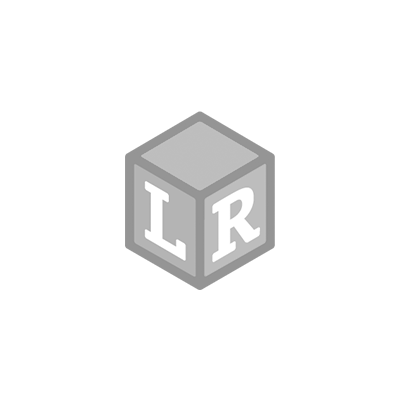


 Meet Botley, the code to fun! As the newest member of the Learning Resources family, Botley is here to introduce coding in an easy, friendly way. Children as young as 5 can learn to code with Botley, and with his advanced features, he’ll grow with them for many play filled years to come. Botley is ready to use right out of the box – he’ll have kids coding in minutes. And that’s not all, Botley is 100% screen free and includes a 77-piece activity set – the only robot to offer that!
Meet Botley, the code to fun! As the newest member of the Learning Resources family, Botley is here to introduce coding in an easy, friendly way. Children as young as 5 can learn to code with Botley, and with his advanced features, he’ll grow with them for many play filled years to come. Botley is ready to use right out of the box – he’ll have kids coding in minutes. And that’s not all, Botley is 100% screen free and includes a 77-piece activity set – the only robot to offer that! Our hedgehog lost his quills, and only your little ones can help him get them back! Spike the Fine Motor Hedgehog helps kids build up hand muscles and fine motor skills as they replace the chunky, peg-shaped “quills” within the holes that dot the smiling hedgehog’s back. The learning doesn’t end there—Spike's colorful quills also lend themselves well to lessons in counting, sorting, and color identification skills. Kids can arrange the quills by warm or cool colors, work on sequences and patterns by alternating colors, or count up the quills with the help of numbers printed on the hedgehog’s back. Once playtime is over, Spike the Fine Motor Hedgehog is a snap to clean up—each piece is made of plastic that can be easily wiped clean, and the quills stow snugly inside the hedgehog’s body, which adds simplicity to storage too.
Our hedgehog lost his quills, and only your little ones can help him get them back! Spike the Fine Motor Hedgehog helps kids build up hand muscles and fine motor skills as they replace the chunky, peg-shaped “quills” within the holes that dot the smiling hedgehog’s back. The learning doesn’t end there—Spike's colorful quills also lend themselves well to lessons in counting, sorting, and color identification skills. Kids can arrange the quills by warm or cool colors, work on sequences and patterns by alternating colors, or count up the quills with the help of numbers printed on the hedgehog’s back. Once playtime is over, Spike the Fine Motor Hedgehog is a snap to clean up—each piece is made of plastic that can be easily wiped clean, and the quills stow snugly inside the hedgehog’s body, which adds simplicity to storage too. These machines really move! With the Gears! Gears! Gears! Machines in Motion from Learning Resources, kids engineer their own playtime fun with the help of creative, open-ended building activities. Using the included instructions, kids can build their own versions of numerous different interactive machines and vehicles, many of which incorporate special parts including a wrecking ball, chains, pulleys, and wheels. Turn out a tank with its own helicopter propeller, or craft a complex contraption that spins with the twist of a lever.
These machines really move! With the Gears! Gears! Gears! Machines in Motion from Learning Resources, kids engineer their own playtime fun with the help of creative, open-ended building activities. Using the included instructions, kids can build their own versions of numerous different interactive machines and vehicles, many of which incorporate special parts including a wrecking ball, chains, pulleys, and wheels. Turn out a tank with its own helicopter propeller, or craft a complex contraption that spins with the twist of a lever.  Spin your way into geography with this Puzzle Globe, which highlights landmarks and animals! Each puzzle piece (continent) fits into one hole on the globe to make it easy for little ones to place. All 7 continents are represented (6 continent puzzle pieces plus stationary Antarctica).
Spin your way into geography with this Puzzle Globe, which highlights landmarks and animals! Each puzzle piece (continent) fits into one hole on the globe to make it easy for little ones to place. All 7 continents are represented (6 continent puzzle pieces plus stationary Antarctica). Features enough medical tools for the whole junior surgical staff to operate! Made from sturdy plastic, this set features a battery operated stethoscope, and realistic sounding cell phone. Provides the perfect way to ease children’s anxieties about doctor visits. Plastic carrying case has a place for everything and provides great storage.
Features enough medical tools for the whole junior surgical staff to operate! Made from sturdy plastic, this set features a battery operated stethoscope, and realistic sounding cell phone. Provides the perfect way to ease children’s anxieties about doctor visits. Plastic carrying case has a place for everything and provides great storage. The learning express is pulling into the station! Send number, color, and shape recognition skills chugging down the tracks with the Count & Color Choo Choo from Learning Resources. Driven by a friendly conductor figure that plugs right into the engine, this fun interactive train set pulls a load of learning lessons thanks to its cargo of removable blocks that come in different numbers, shapes, and colors. Kids can sort the blocks by shape and color, count up the total number found in the train, or build fine motor skills while loading the blocks back into their rightful train cars.
The learning express is pulling into the station! Send number, color, and shape recognition skills chugging down the tracks with the Count & Color Choo Choo from Learning Resources. Driven by a friendly conductor figure that plugs right into the engine, this fun interactive train set pulls a load of learning lessons thanks to its cargo of removable blocks that come in different numbers, shapes, and colors. Kids can sort the blocks by shape and color, count up the total number found in the train, or build fine motor skills while loading the blocks back into their rightful train cars. This award-winning cash register is the perfect addition to any pretend store! Encourage beginning math and calculator skills while providing lots of opportunities for imaginative play. Features a built-in solar calculator that helps familiarize children with the use of a calculator. They’ll also learn currency denomination and have fun handling life-size money. Large buttons on the keypad are easy for little hands to press and the cash drawer makes a “cha-ching” sound when it opens.
This award-winning cash register is the perfect addition to any pretend store! Encourage beginning math and calculator skills while providing lots of opportunities for imaginative play. Features a built-in solar calculator that helps familiarize children with the use of a calculator. They’ll also learn currency denomination and have fun handling life-size money. Large buttons on the keypad are easy for little hands to press and the cash drawer makes a “cha-ching” sound when it opens. Introduce kids to angles, trajectories, and other early physics fundamentals with the Crashapult STEM Challenge from Learning Resources. This hands-on activity set challenges kids to build and complete high-flying obstacle courses designed around core STEM concepts. After setting up their catapults, kids send the launch balls flying off walls, over obstacles, and toward the set’s included hoop target, funnel, or goal cup. Along the way, they’ll have to use their own trial-and-error, engineering, and critical thinking skills to make the adjustments to placement and force necessary to successfully complete the included challenges.
Introduce kids to angles, trajectories, and other early physics fundamentals with the Crashapult STEM Challenge from Learning Resources. This hands-on activity set challenges kids to build and complete high-flying obstacle courses designed around core STEM concepts. After setting up their catapults, kids send the launch balls flying off walls, over obstacles, and toward the set’s included hoop target, funnel, or goal cup. Along the way, they’ll have to use their own trial-and-error, engineering, and critical thinking skills to make the adjustments to placement and force necessary to successfully complete the included challenges. This deluxe market set combines some of our best New Sprouts® food items from an amazingly realistic T-bone steak to enticing fresh produce. Unlike other play food our New Sprouts® are easy to grip and won’t collapse. Can’t decide what New Sprouts® to get? This set is a sure bet for hours of inspired play.
This deluxe market set combines some of our best New Sprouts® food items from an amazingly realistic T-bone steak to enticing fresh produce. Unlike other play food our New Sprouts® are easy to grip and won’t collapse. Can’t decide what New Sprouts® to get? This set is a sure bet for hours of inspired play. 
